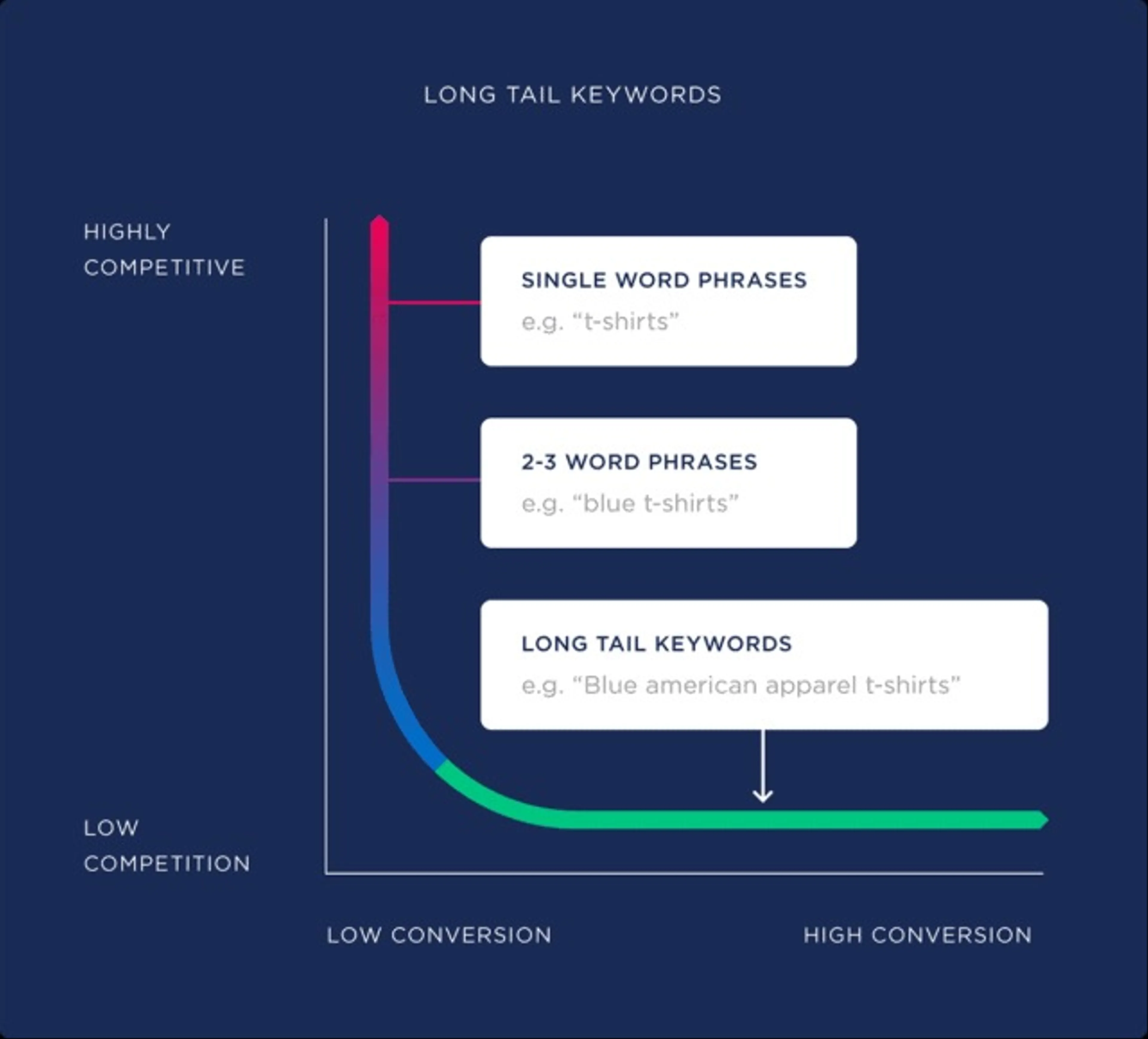In the vast digital landscape of the internet, Search Engine Optimization (SEO) is the key that can unlock your website's potential and propel it to the forefront of search engine results. Among the many facets of SEO, keywords play a pivotal role in driving organic traffic and determining your website's visibility. Understanding and utilizing the power of keyword SEO can be a game-changer for your online presence. In this comprehensive guide, we will explore the ins and outs of keyword SEO, providing you with valuable insights to boost your website's ranking and attract relevant visitors.
1. Understanding Keyword SEO:
Keyword SEO revolves around identifying and incorporating specific words and phrases that users are likely to search for on search engines. By integrating relevant keywords into your website's content, you increase the chances of your web pages appearing in search engine results for those specific queries. Keywords act as bridges that connect potential visitors with your website, making it essential to use them strategically.
2. Keyword Research:
The foundation of successful keyword SEO lies in thorough keyword research. Start by brainstorming a list of topics related to your website's niche and business. Use keyword research tools like Google Keyword Planner, SEMrush, or Ahrefs to identify high-traffic and relevant keywords related to those topics. Look for keywords with a balance of search volume (how often they are searched for) and competition (how many other websites are trying to rank for them). Long-tail keywords (more specific phrases) can be particularly valuable as they often have less competition and target more qualified users.
3. On-Page SEO:
Once you've compiled a list of target keywords, it's time to integrate them into your website's content through on-page SEO techniques. This involves optimizing various on-page elements, including:
Title Tags: Craft compelling and descriptive titles that include your target keyword. Keep them under 60 characters to ensure they display properly in search results.
Meta Descriptions: Write engaging meta descriptions that incorporate your keyword and encourage users to click through to your site.
Headings and Subheadings: Use your target keyword in headings and subheadings to structure your content and make it more accessible for both users and search engines.
URLs: When creating URLs, include your primary keyword to make them more relevant and user-friendly.
Content: Develop high-quality content that naturally incorporates your target keywords. Avoid keyword stuffing, as it can negatively impact your SEO efforts.
4. Mobile Optimization:
With the majority of internet users now accessing the web through mobile devices, optimizing your website for mobile is crucial. Ensure that your site is responsive and provides a seamless user experience on smartphones and tablets. Mobile-friendliness is a ranking factor in search engines, and a positive user experience can lead to higher engagement and better SEO results.
5. User Intent and Semantic SEO:
Modern SEO is not just about individual keywords but also about understanding user intent. Search engines are becoming more sophisticated in deciphering user queries and delivering results that best match their intent. Optimize your content for semantic SEO by creating comprehensive and relevant content that covers various aspects of a topic.
6. Backlinks and Off-Page SEO:
In addition to on-page SEO, backlinks from other reputable websites play a significant role in boosting your website's authority and visibility. Focus on building high-quality backlinks through content marketing, guest blogging, and building relationships with influencers in your industry. Remember that it's not just about the quantity of backlinks but the quality and relevance as well.
7. Regularly Monitor and Update:
SEO is not a one-and-done process. Regularly monitor your website's performance using tools like Google Analytics and Search Console. Keep an eye on your keyword rankings, organic traffic, and user behavior to identify areas for improvement. Update your content periodically to keep it fresh and relevant, and adapt your keyword strategy as search trends and user behaviors change.
8. Local SEO:
For businesses targeting a local audience, optimizing for local SEO is essential. Claim your Google My Business listing and ensure that your NAP (Name, Address, Phone number) information is accurate and consistent across all online platforms. Encourage customers to leave reviews, as positive reviews can boost your local search rankings.
Conclusion:
Unlocking the power of keyword SEO is a dynamic and ongoing process. By understanding the importance of relevant keywords, conducting thorough research, optimizing your content, and staying up-to-date with the latest SEO trends, you can enhance your website's visibility, attract organic traffic, and achieve long-term success in the ever-competitive digital landscape. Keep in mind that SEO requires patience, persistence, and continuous adaptation to stay ahead of the curve and maintain a strong online presence.



